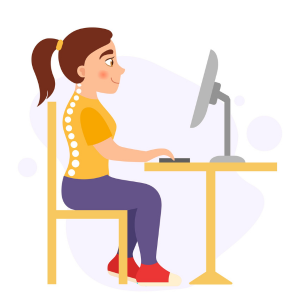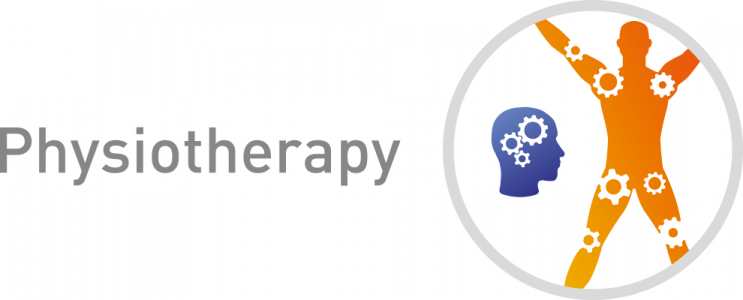Overview
Children and young people are different from adults. They are continually developing physically, emotionally and psychologically. Due to the physiology and biomechanics of growth, young people show a unique set of age related symptoms. Whilst many conditions seen in childhood are self-limiting; some more serious pathology can occur. As a specialist Musculoskeletal Physiotherapy team we hope that you find the information on our website helpful, but if the pain your child is experiencing does not improve please seek further medical advice and if its deemed appropriate your GP can refer your child to our physiotherapy service.
Causes of Back Pain
Spending too much time in any one position is not good for our backs. The saying ‘your next posture is your best posture’ is a good one to remember. This phrase emphasises the importance of keeping moving and limiting the time spent in one position. Get your child to set timers to remind them to move or limit the time spent on one sedentary activity to 30 minutes. Try to switch inactivity for activity. Remembering any movement is better than no movement.
Homework should be done at a desk or table that ideally has an adjustable chair that can be positioned to suit the child.

Technology is definitely here to stay. Help your child understand when relaxing watching TV or playing on consoles a good supportive chair placed directly in front of the screen (rather than at an angle) will help improve posture and again the importance of limiting time in one position and to move regularly.
Click here to view information from the NHS on the common posture mistakes and fixes.
There are a number of reasons obesity contributes to back pain in both children and adults. If your child is carrying extra weight especially around their middle it can cause changes in their posture that increases stress in their lower back region. It is also an indication that your child does not have the correct balance between exercise levels and the number of calories they are consuming. Inactivity, obesity and back pain are often interrelated.
Take a look at the links below for further information
NHS Change4Life – Childs weigh information
Keeping your child happy and stress-free is often easier said than done, but mental health difficulties and low mood are known to be associated with back pain. If you are concerned about your child’s mental health it is important to speak to a GP.
Back Pain
Back pain in children (especially young children below the age of 6 years) is much more unusual than it is in adults, and can be worrying for parents. While there are certainly serious causes of back pain, the vast majority of children with back pain have symptoms that result from muscle or ligament injury, without any structural abnormality.
Some back pain warning signs that may indicate a more serious problem include:
- Night pain (especially pain that awakens your child from sleep)
- Constant symptoms of pain
- Symptoms of generalized illness (fever, chills, malaise, weight loss)
- Symptoms persisting beyond several weeks
- Symptoms in very young children
- Leg pain, numbness or weakness
- Trouble walking
- Bowel or bladder problems
These warning signs don’t necessarily mean there is a more serious problem, however, they are a good screening test to determine if more evaluation should be pursued. For example, muscular back pain can persist for months, however, if the symptoms have been going on for a couple of weeks, it’s best to ensure the diagnosis is clear and seek advice from either your GP or physiotherapist.
When a more serious cause of back pain in your child has been eliminated by a medical professional, other contributing factors need to be considered. Non-specific back pain in children may be caused by any combination of any of the below factors;
Useful Links
- For further information on posture mistakes and fixes click here.
- Click here to find out facts about what food you are eating
- Find out if your child is at a healthy weight
- Guidance on the types and amount of physical activity children should be completing to stay healthy.
- Take a look at some fun exercise activities you can do at home you’re your children





